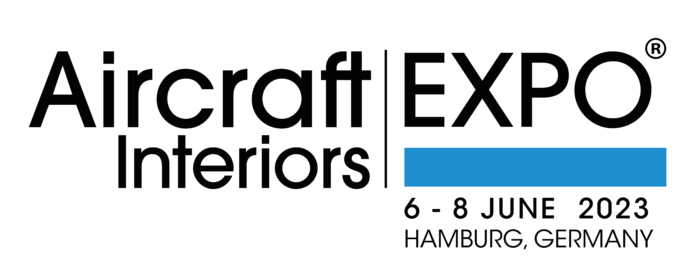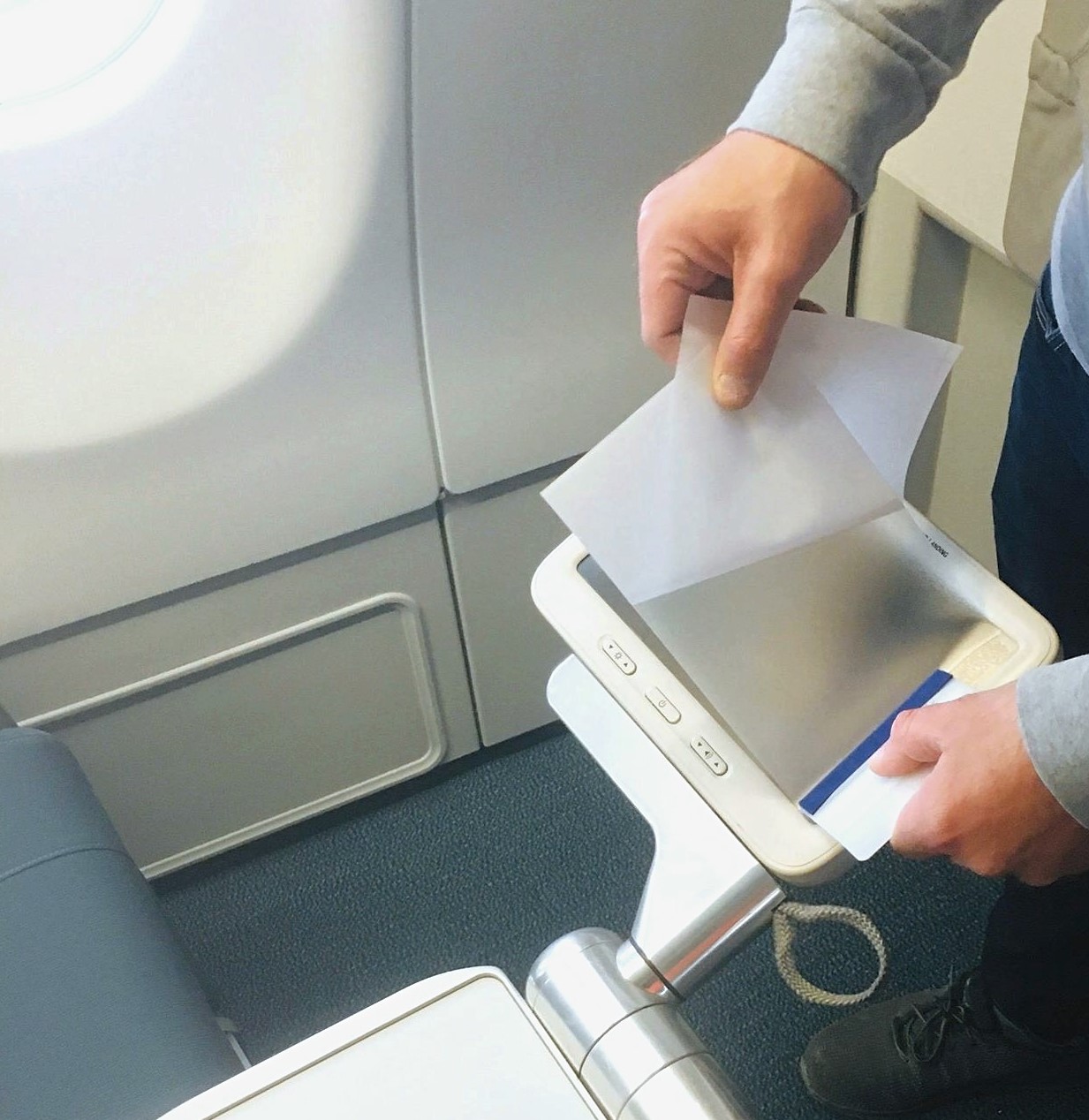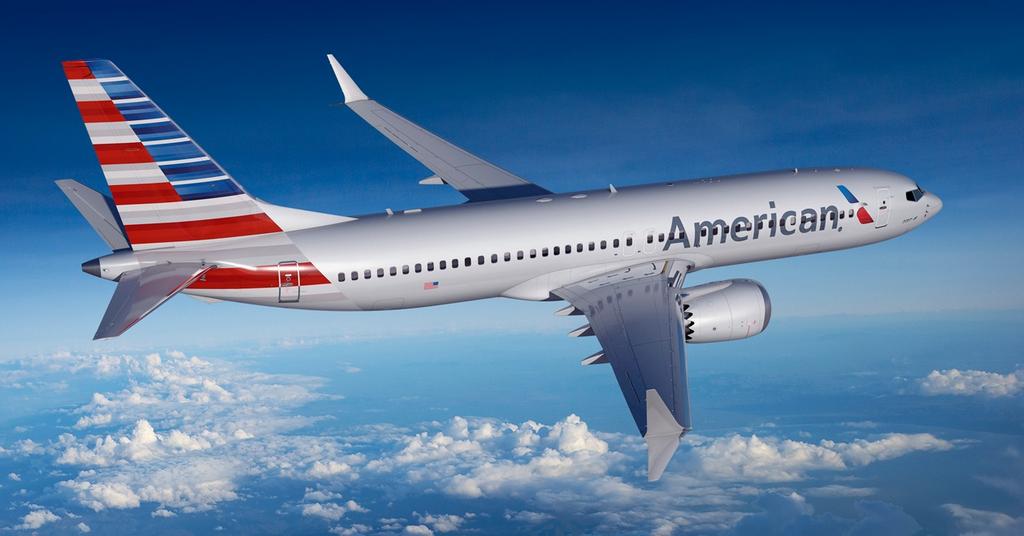(Article Source: https://www.aircraftinteriorsinternational.com/news/industry-news/the-cabin-is-a-low-risk-covid-environment-finds-harvard.html by Adam Gavine @ Aircraft Interiors International. Photo Source: Delta Airline Press Release)
Researchers at Harvard University in the USA have released the first phase of their evaluation of the risks of air travel during the Covid-19 pandemic. The research, conducted by the Aviation Public Health Initiative (APHI), a project of the Harvard T.H. Chan School of Public Health, concluded that, through a layered approach to risk mitigation, the scientific evidence shows a low risk of SARS-COV-2 transmission on aircraft.
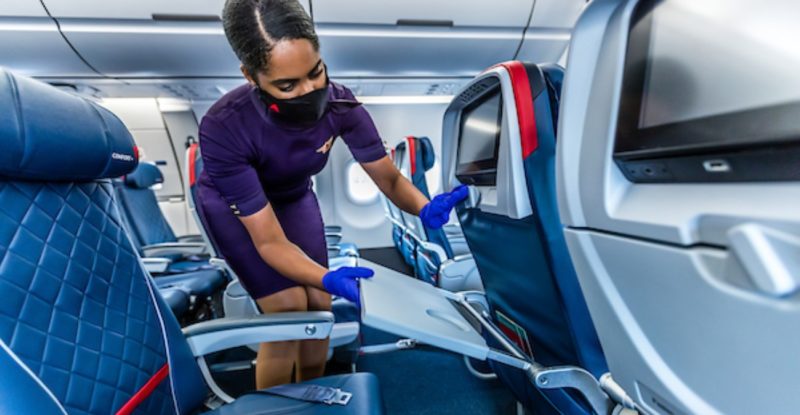
Delta Airline – Crew conducts cleaning check during transit
The report provides evidence that it is possible to leverage technology and modify passenger behaviour to allow some ‘near normal’ activity on board aircraft, while reducing the risks of disease transmission during the Covid-19 crisis. Analysis from the report shows that the ventilation of cabin air reduces the possibility of exposure to SARS-COV-2 – indeed the Harvard team say the risk is lower than that of other common settings, such as a grocery store or indoor restaurant. This finding effectively counters the seated proximity of travellers during flights, say the Harvard team.
While this is an independent report, the study is being sponsored by a consortium of airline operators, aviation industry manufacturers, and airport operators. The project engages a wide scope of key players in the aviation industry, which the Harvard team says enables the research to take a systems approach to problem assessment and solution building.
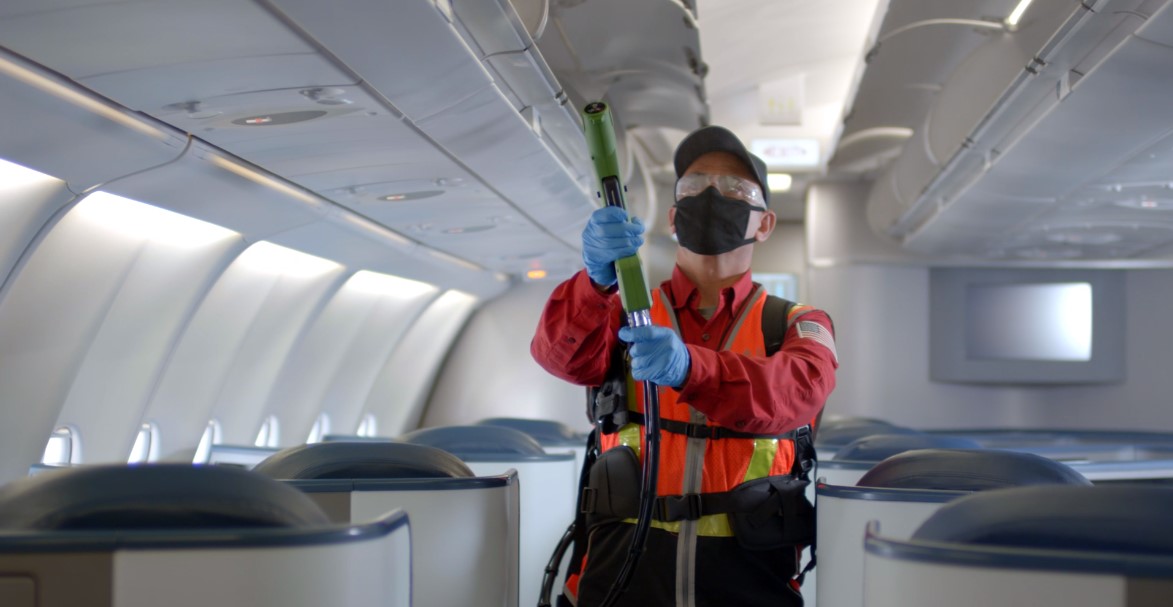
Delta Airline – Staff sanitise the aircraft using disinfectant spray during transit
A major factor of this safety finding is the frequent exchange of cabin air and the HEPA filters on aircraft, which remove more than 99% of viral particles from cabin air. In addition to the air filtration systems, synergistic layers applied by many airlines include the universal wearing of facemasks by passengers and crew throughout the journey; distancing protocols and provision of strong ventilation during boarding and deplaning; disinfection of high-touch aircraft surfaces to remove contamination; and, passenger attestations that they do not have Covid-19 related symptoms and will adhere to airline mask policy.
“Our team found that, together with their high-performing ventilation systems, the actions that the airlines put in place – including mandatory use of face masks – significantly reduce the risks of viral transmission aboard an airplane,” said Dr Leonard Marcus, co-director of APHI.
“With comprehensive adherence to these preventive measures by airlines and passengers, air travel, along with other sectors of society, can responsibly return to some level of normal activity as we await development of an effective vaccine,” he added.
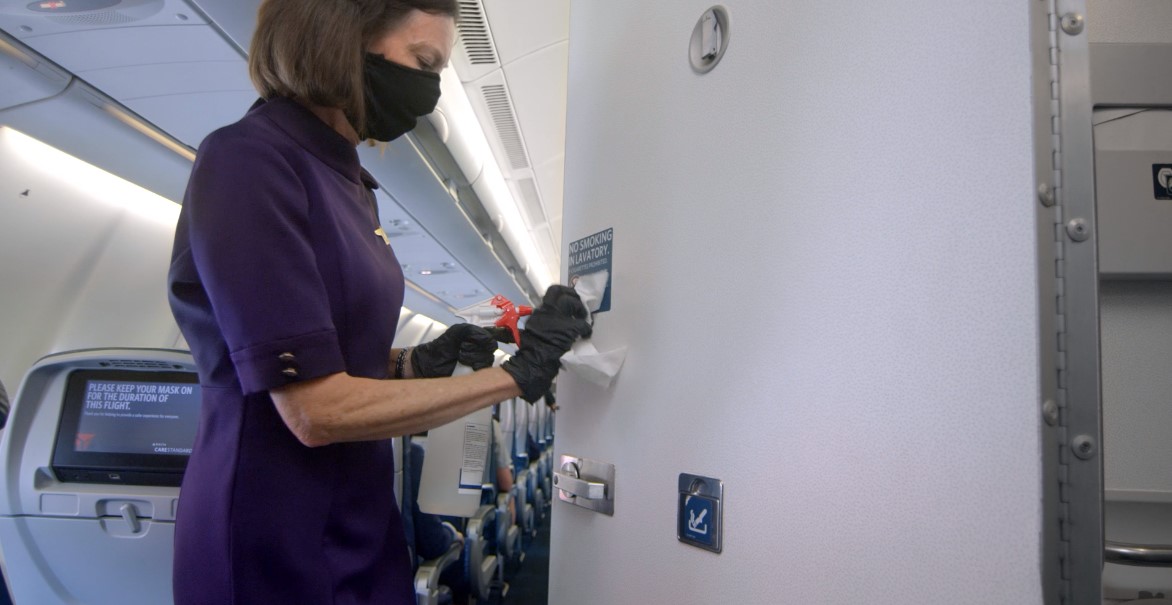
The National Preparedness Leadership Initiative is a joint programme of the Harvard T.H. Chan School of Public Health and the Harvard Kennedy School of Government, Center for Public Leadership. The report is billed as a comprehensive assessment of current research on the SARS-CoV-2 virus as it applies to aviation.
The APHI team also examined analyses conducted by the aviation industry and government that model disease transmission on board aircraft, combining those investigations with their own modelling. The findings report on current practices and opportunities to further reduce the risks of disease transmission during air travel. The researchers recommend that airlines operate supplementary ground-based ventilation systems in accordance with ICAO and aircraft manufacturers’ guidance to ensure appropriate ventilation is maintained throughout the boarding and deplaning processes.
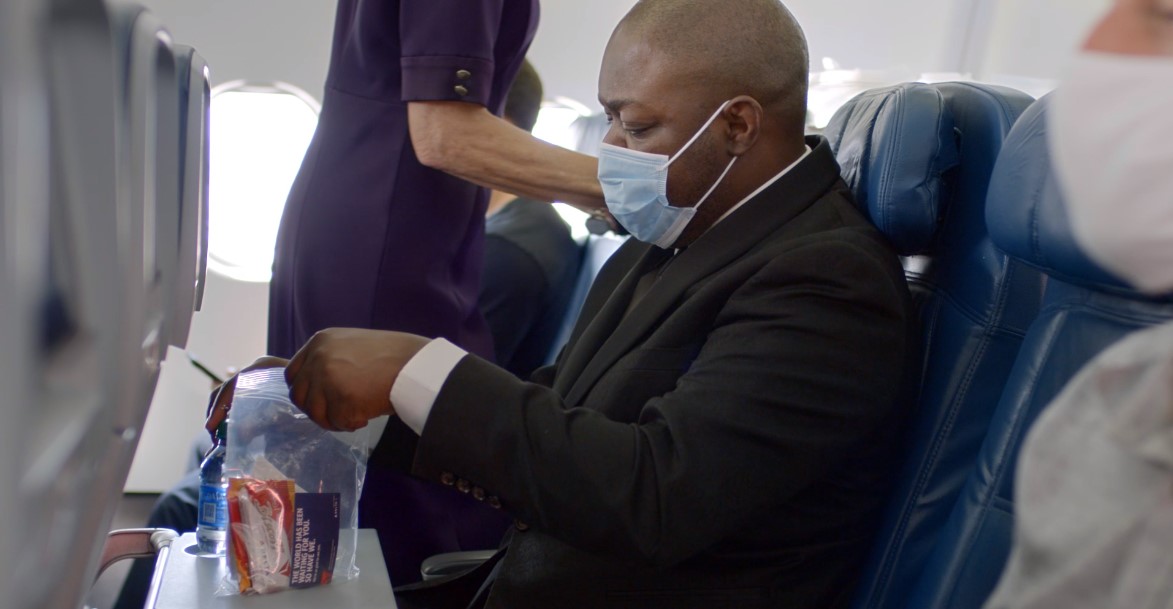
Delta Airline – Distributing packed snacks and amenities to passengers
The team further recommends that airlines continue to enforce strict behavioural guidelines pertaining to mask wearing, as well as social distancing during boarding and deplaning. Recommendations for passengers include, first and foremost, wearing masks at all times except for very short periods to eat or drink.
Additional recommendations include maintaining social distancing during boarding and deplaning, providing personal health attestations, and maintaining hand hygiene. Dr Marcus cautioned that any individual’s decision to engage in any public activity, including flying, must be balanced by personal health considerations.
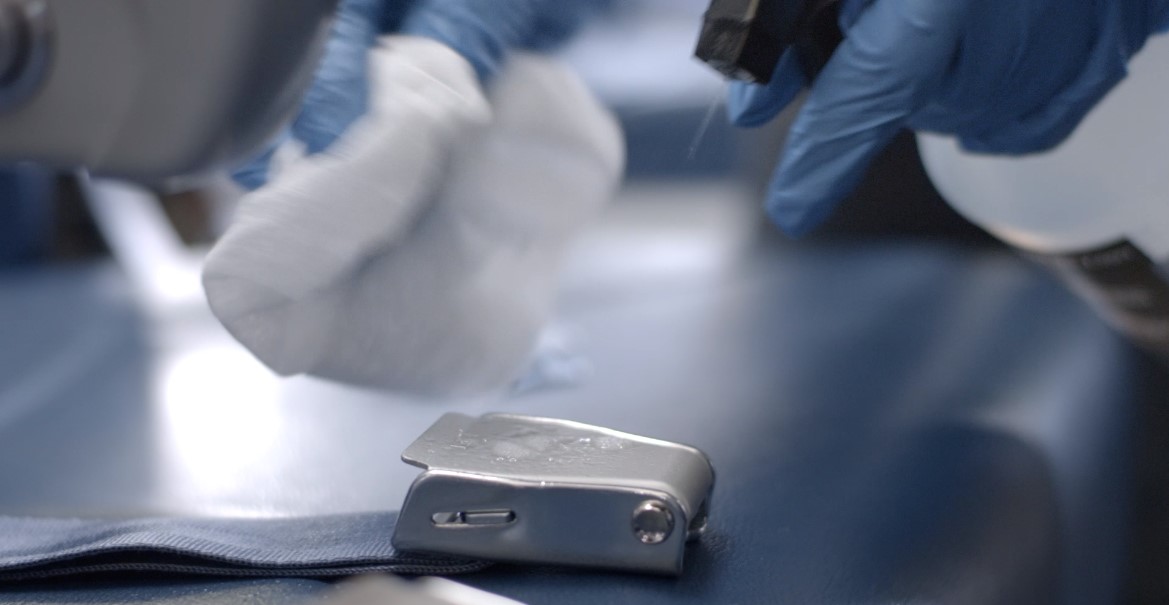
Delta Airlines – Cleaning the most high-touch items such as seat belts
The second phase of the report will focus on the kerb-to-kerb airport environment, which will examine testing, the indoor air environment of airports, and other measures to reduce the risk of disease transmission.
The full report and report highlights can be found HERE.
Alison Taylor, chief customer officer for American Airlines said of the report: “We’ve always taken our commitment to care for customers’ safety and well-being seriously and Covid-19 has given us every reason to aggressively scale those efforts through our Clean Commitment. We’re encouraged by the findings that efforts such as those American has employed are exactly what we need to reduce the risk of exposure while flying, and we hope the research will provide additional peace of mind about travel.”


